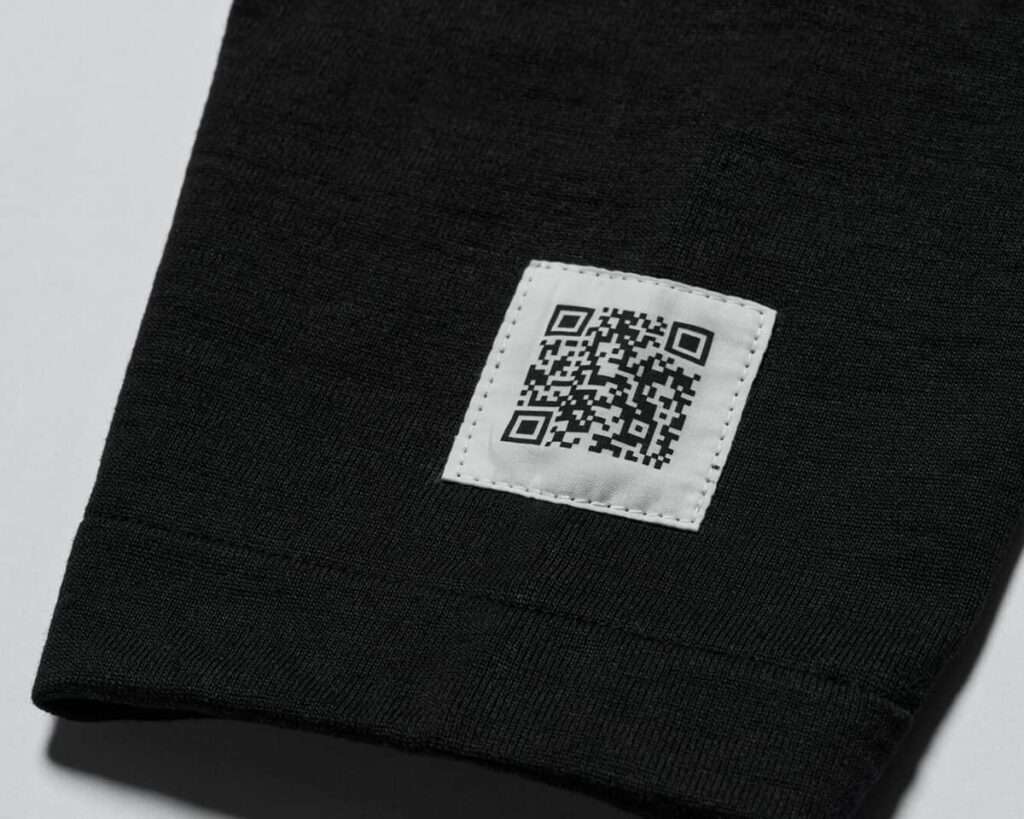Spiber’s ‘Brewed Protein’ rivals animal-based materials, including cashmere and merino wool. And through a new partnership with Pangaia and Goldwin, it’s accelerating production.
Japanese biotechnology firm, Spiber, has introduced an innovative program aimed at repurposing discarded textiles and agricultural waste into novel protein materials through microbial fermentation. The initiative, termed “biosphere circulation”, invites collaborators from the industry to foster a circular ecosystem of industrial materials that are biodegradable and derived from bio-based materials, returning as nutrients post-utilization.
The end result, which Spiber calls Brewed Protein, will help to combat the growing problem of textile recycling, where less than one percent of discarded textiles are reused for new textile applications. Yarn made from the Brewed Protein is now available commercially.
The Brewed Protein fibers are lab-grown, plant-derived, circular materials made through Spiber’s proprietary microbial fermentation process. Spiber says the fibers are a solution to the growing demands of animal and petrochemical-free fibers to address numerous pressing environmental issues and risks.

According to Spiber, the Brewed Protein fiber’s footprint is significantly smaller than that of cashmere and merino wool. That’s due in large part to the lower environmental impacts of inputs for Brewed Protein polymer production compared to the livestock farming requirements for wool and cashmere.
Spiber is working on creating a wide-ranging infrastructure to accommodate circulation. It’s looking at a range of fibers, dyes, and processing chemicals used in apparel production to identify which materials will be most effectively transformed into nutrients. These findings will influence the creation of guidelines for textile products compatible with this unique process.
Spiber’s longstanding partners, U.K.-based materials science label Pangaia and Japanese minimalist label Goldwin, have joined the program that will transform discarded apparel and textiles along with agricultural byproducts into nutrients for microbial fermentation and the production of novel protein materials.
“Pangaia is delighted to explore the next phase of its partnership with Spiber by joining its biosphere circulation project,” Craig Smith, Research & Development Director at Pangaia, said in a statement. He says Pangaia is focused on accelerating the development and broader adoption of problem-solving technologies and materials in the fashion industry. “This project aligns perfectly with those goals and our research focuses by tackling one of the industry’s biggest and most complex issues – waste.”

The collaboration will aid Spiber in collecting valuable data and formulating an extensive product design guideline that allows for the conversion of garments into biological nutrients. These nutrients will subsequently serve as resources for the production of upcycled materials. In addition, the collaboration will aid in developing design guidelines applicable to a variety of garments, encouraging the industry-wide uptake of this sustainable approach.
With help from Goldwin, Spiber will create a demonstration product. This prototype will help identify the hurdles involved in designing a fully circular product that can be embraced by the fashion industry.
Spiber has also launched a webpage providing a detailed breakdown of the materials and chemicals used to create the product. The page serves as a window into Spiber’s goals for the platform that provides transparent data access to validate whether a product is fit for nutrient digestion at the end of its lifecycle.
Related on Ethos:


